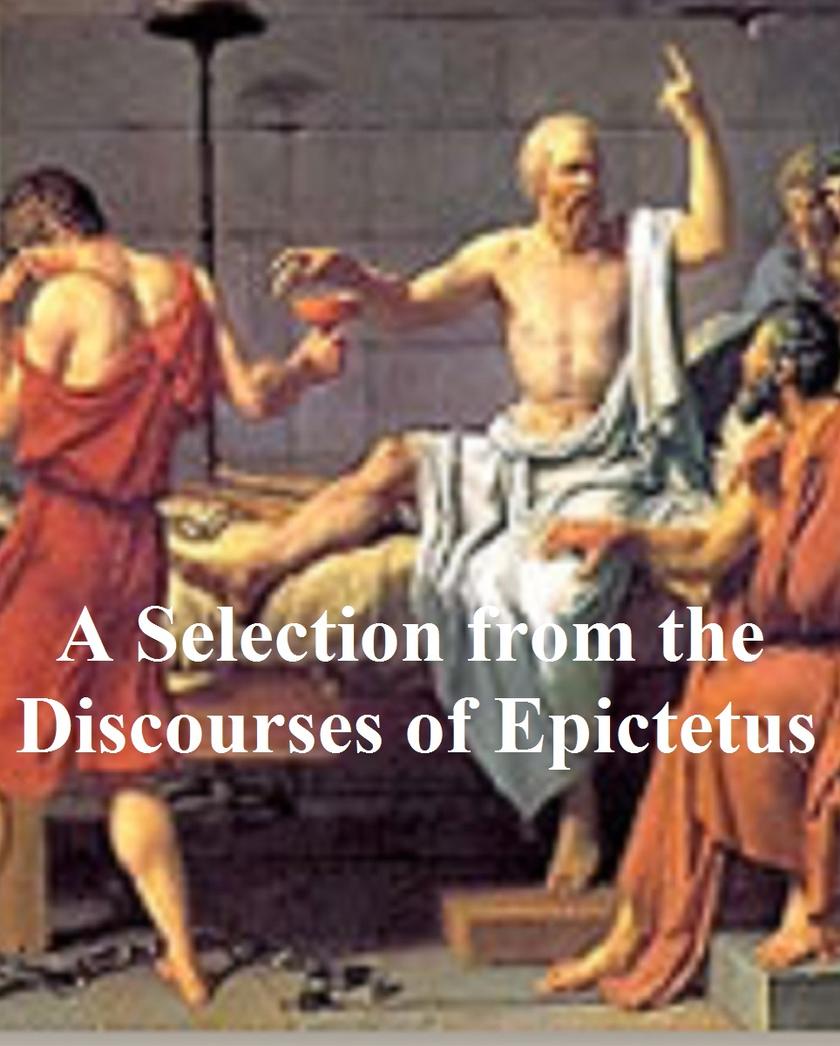
A Selection from the Discourses of Epictetus, with the Encheiridion
¥8.09
According to Wikipedia: "Epictetus (Ancient Greek: ?π?κτητο?; AD 55 – AD 135) was a Greek sage and Stoic philosopher. He was born a slave at Hierapolis, Phrygia (present day Pamukkale, Turkey), and lived in Rome until banishment when he went to Nicopolis in northwestern Greece where he lived the rest of his life. His teachings were noted down and published by his pupil Arrian in his Discourses."
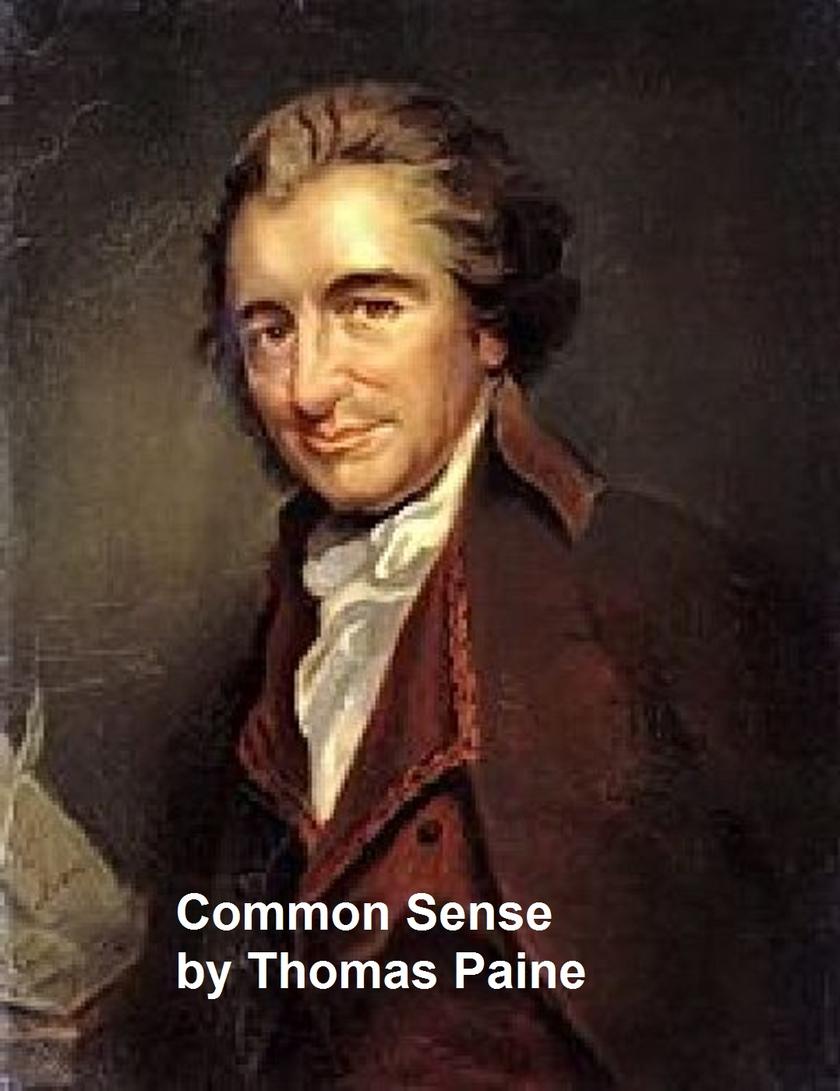
Common Sense
¥8.09
The classic essay that helped ignite the American Revolution. According to Wikipedia: "Thomas Paine (Thetford, England, 29 January 1737 - 8 June 1809, New York City, U.S.) was an English pamphleteer, revolutionary, radical, classical liberal, inventor and intellectual. He lived and worked in Britain until the age of 37, when he migrated to the American colonies just in time to take part in the American Revolution. His main contribution was as the author of the powerful, widely read pamphlet, Common Sense (1776), advocating independence for the American Colonies from the Kingdom of Great Britain, and of The American Crisis, supporting the Revolution."
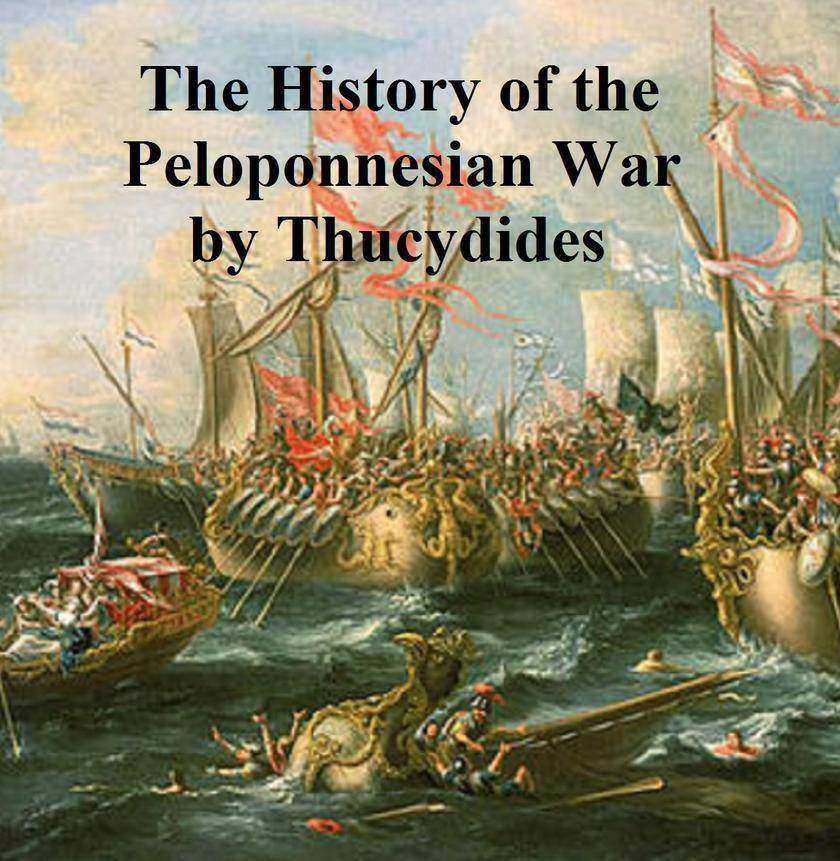
The History of the Peloponnesian War
¥8.09
The classic history of war between Athens and Sparta. According to Wikipedia: "Thucydides (c. 460 B.C. – c. 395 B.C.) was a Greek historian and author of the History of the Peloponnesian War, which recounts the 5th century B.C. war between Sparta and Athens to the year 411 B.C. Thucydides has been dubbed the father of "scientific history" due to his strict standards of evidence-gathering and analysis in terms of cause and effect without reference to intervention by the gods. He has also been called the father of the school of political realism, which views the relations between nations as based on might rather than right. His classical text is still studied at advanced military colleges worldwide, and the Melian dialogue remains a seminal work of international relations theory. More generally, Thucydides showed an interest in developing an understanding of human nature to explain behaviour in such crises as plague and civil war."
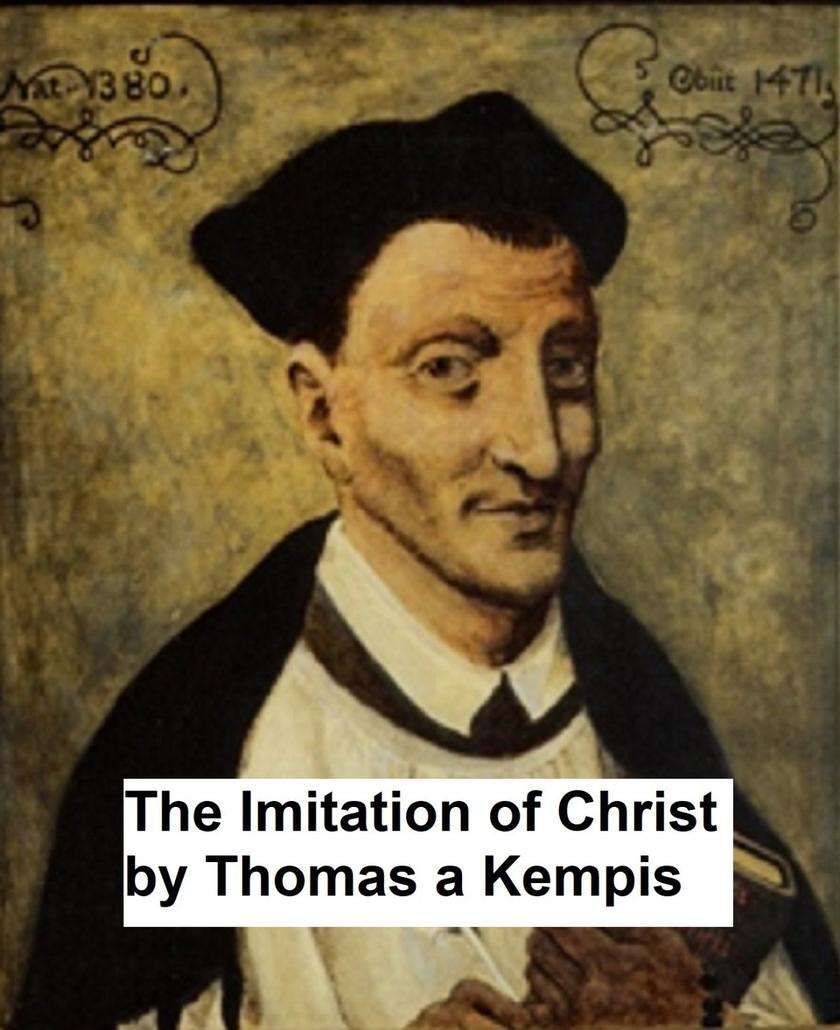
The Imitation of Christ
¥8.09
According to Wikipedia: "The Imitation of Christ (Latin: De Imitatione Christi) by Thomas à Kempis is a Christian devotional book. It was first composed in Latin ca.1418-1427.[1][2] It is a handbook for spiritual life arising from the Devotio Moderna movement, where Kempis was a member.[3] The Imitation is perhaps the most widely read devotional work next to the Bible,[2][4] and is regarded as a devotional and religious classic
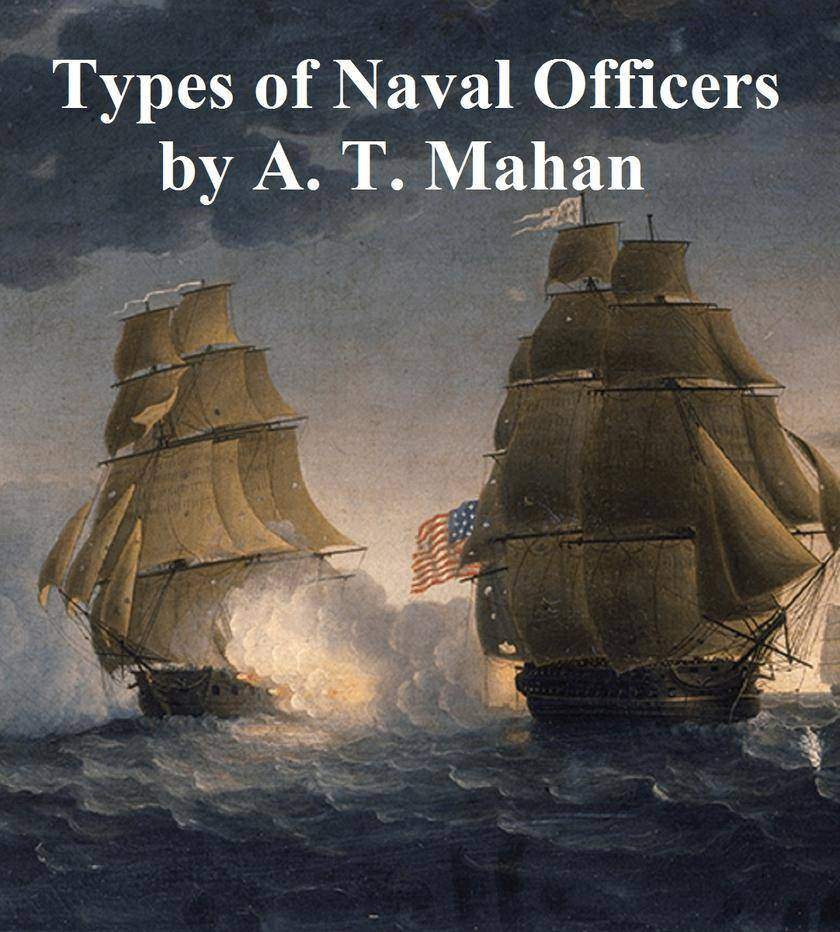
Types of Naval Officers
¥8.09
Classic work of history. According to Wikipedia: "Alfred Thayer Mahan (September 27, 1840 - December 1, 1914) was a United States Navy officer, geostrategist, and educator. His ideas on the importance of sea power influenced navies around the world, and helped prompt naval buildups before World War I. Several ships were named USS Mahan, including the lead vessel of a class of destroyers. His research into naval History led to his most important work, The Influence of Seapower Upon History,1660-1783, published in 1890."
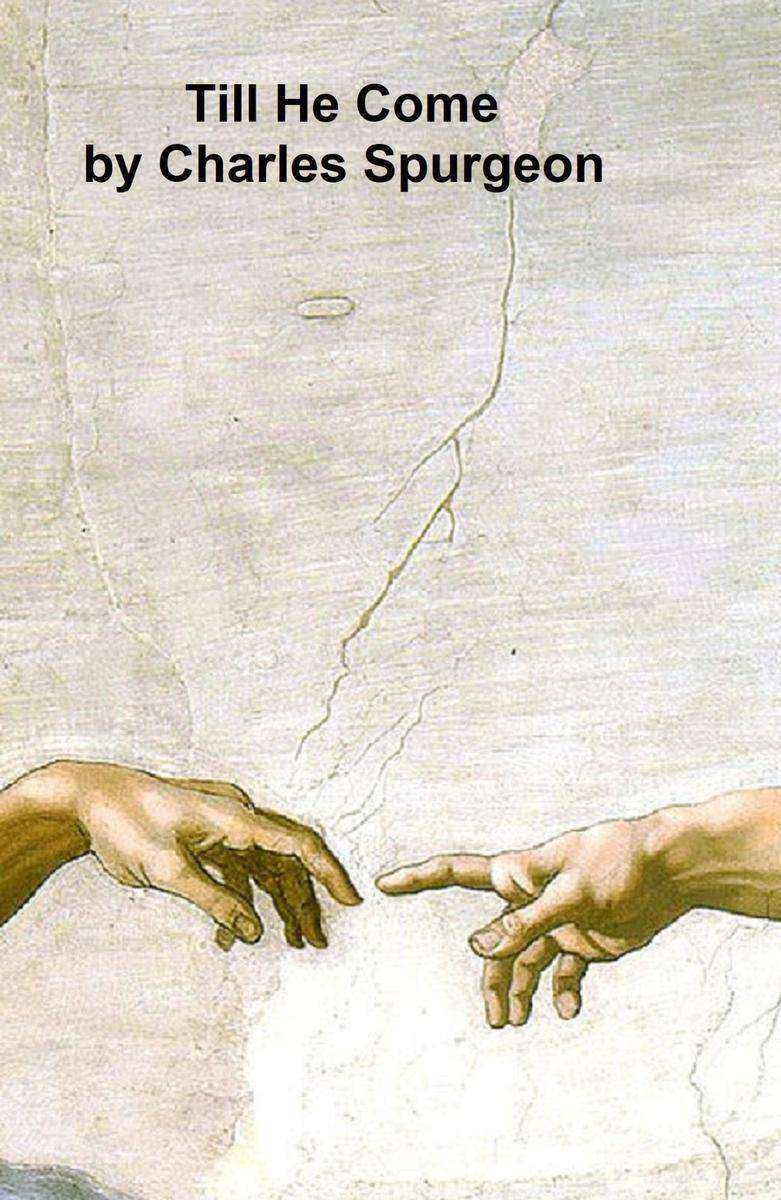
Till He Come
¥8.09
First published in 1896. Spurgeon was an English Baptist preacher, known as "the Prince of Preachers". The Preface begins: " For many years, whether at home or abroad, it was Mr. Spurgeon's constant custom to observe the ordinance of the Lord's supper every Sabbath-day, unless illness prevented. This he believed to be in accordance with apostolic precedent; and it was his oft-repeated testimony that the more frequently he obeyed his Lord's command, "This do in remembrance of Me," the more precious did his Saviour become to him, while the memorial celebration itself proved increasingly helpful and instructive as the years rolled by." According to Wikipedia: "Charles Haddon Spurgeon, commonly C.H. Spurgeon, ( 1834 – 1892) was a British Reformed Baptist preacher who remains highly influential among Christians of different denominations, among whom he is still known as the "Prince of Preachers." He also founded the charity organization now known as Spurgeon's, that works worldwide with families and children, as well as a famous theological college which after his death was called after him: Spurgeon's College. Spurgeon was a prolific author of many types of works including sermons, an autobiography, a commentary, books on prayer, a devotional, a magazine, and more. Many sermons were transcribed as he spoke and were translated into many languages during his lifetime. Arguably, no other author, Christian or otherwise, has more material in print than C.H. Spurgeon."
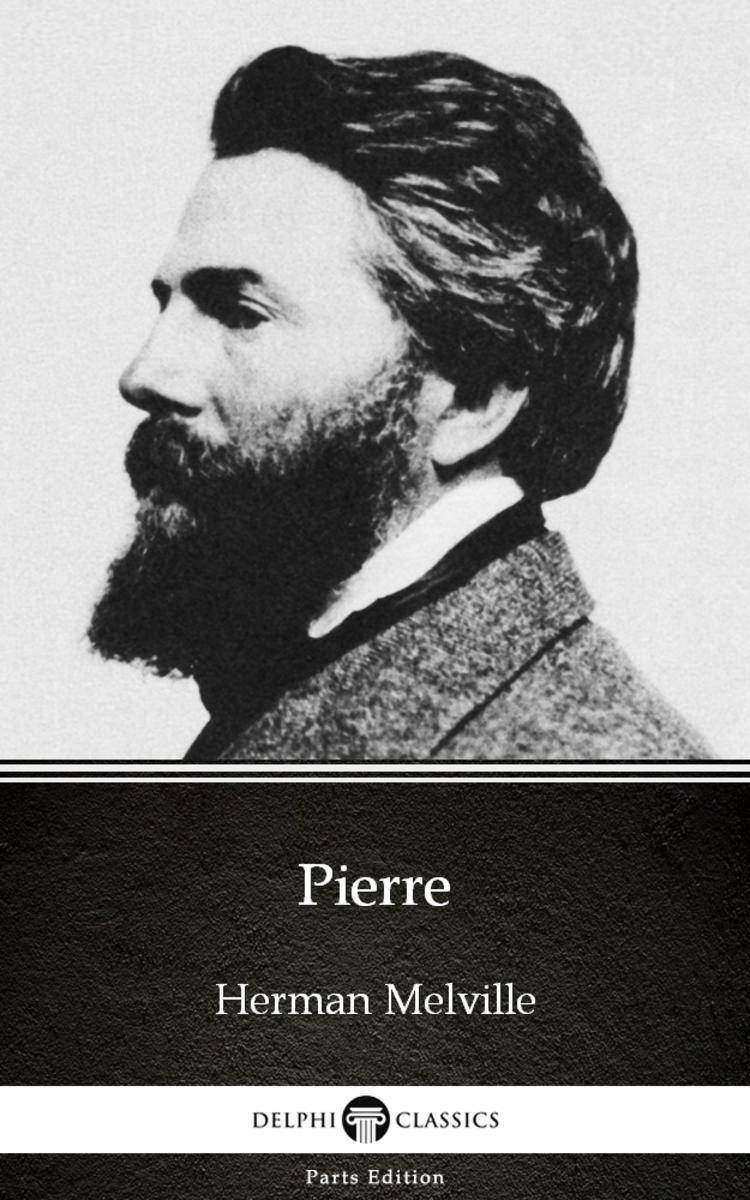
Pierre by Herman Melville - Delphi Classics (Illustrated)
¥8.09
This eBook features the unabridged text of ‘Pierre by Herman Melville - Delphi Classics (Illustrated)’ from the bestselling edition of ‘The Complete Works of Herman Melville’. Having established their name as the leading publisher of classic literature and art, Delphi Classics produce publications that are individually crafted with superior formatting, while introducing many rare texts for the first time in digital print. The Delphi Classics edition of Melville includes original annotations and illustrations relating to the life and works of the author, as well as individual tables of contents, allowing you to navigate eBooks quickly and easily. eBook features: * The complete unabridged text of ‘Pierre by Herman Melville - Delphi Classics (Illustrated)’ * Beautifully illustrated with images related to Melville’s works * Individual contents table, allowing easy navigation around the eBook * Excellent formatting of the text Please visit www.delphiclassics.com to learn more about our wide range of titles
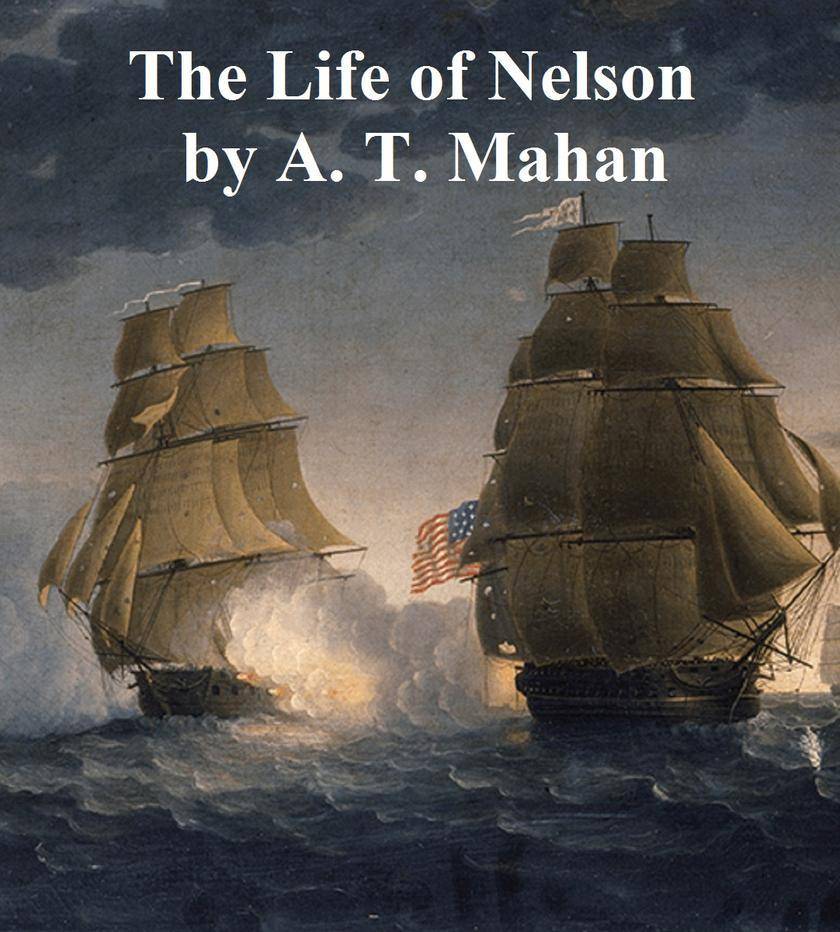
The Life of Nelson
¥8.09
Classic biography. According to Wikipedia: "Alfred Thayer Mahan (September 27, 1840 - December 1, 1914) was a United States Navy officer, geostrategist, and educator. His ideas on the importance of sea power influenced navies around the world, and helped prompt naval buildups before World War I. Several ships were named USS Mahan, including the lead vessel of a class of destroyers. His research into naval History led to his most important work, The Influence of Seapower Upon History,1660-1783, published in 1890."
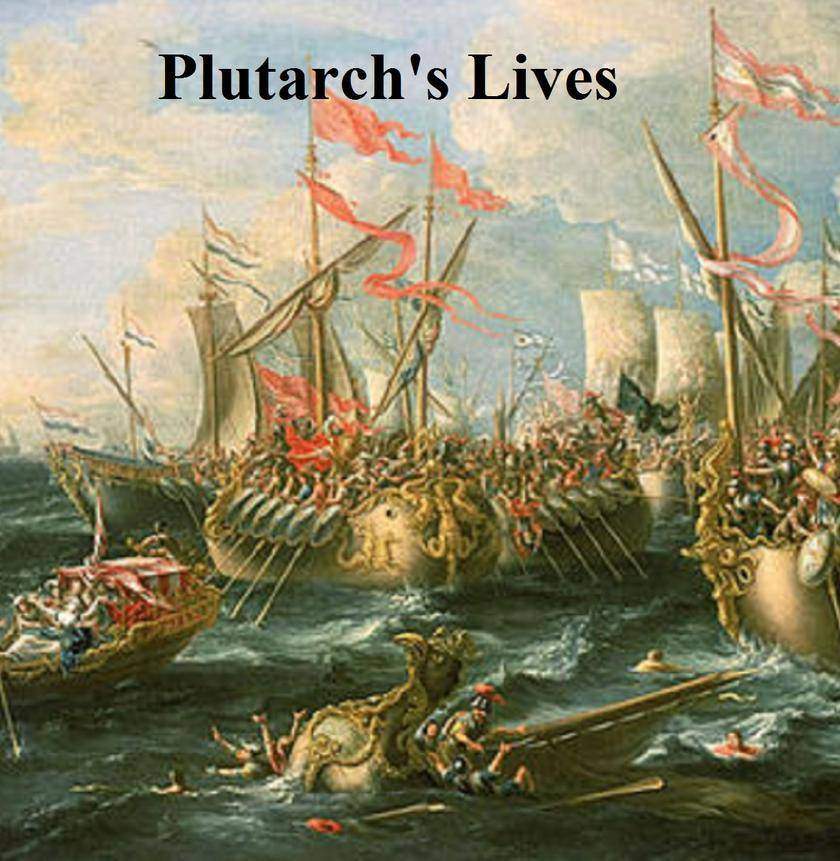
Plutarch's Lives
¥8.09
The complete multi-volume Lives, in a single file. The Clough translation. According to Wikipedia: "Lucius Mestrius Plutarchus (c. AD 46 - 120 — commonly known in English as Plutarch — was a Roman historian (of Greek ethnicity), biographer, essayist, and Middle Platonist. Plutarch was born to a prominent family in Chaeronea, Boeotia, a town about twenty miles east of Delphi. His known works consist of the Parallel Lives and the Moralia."
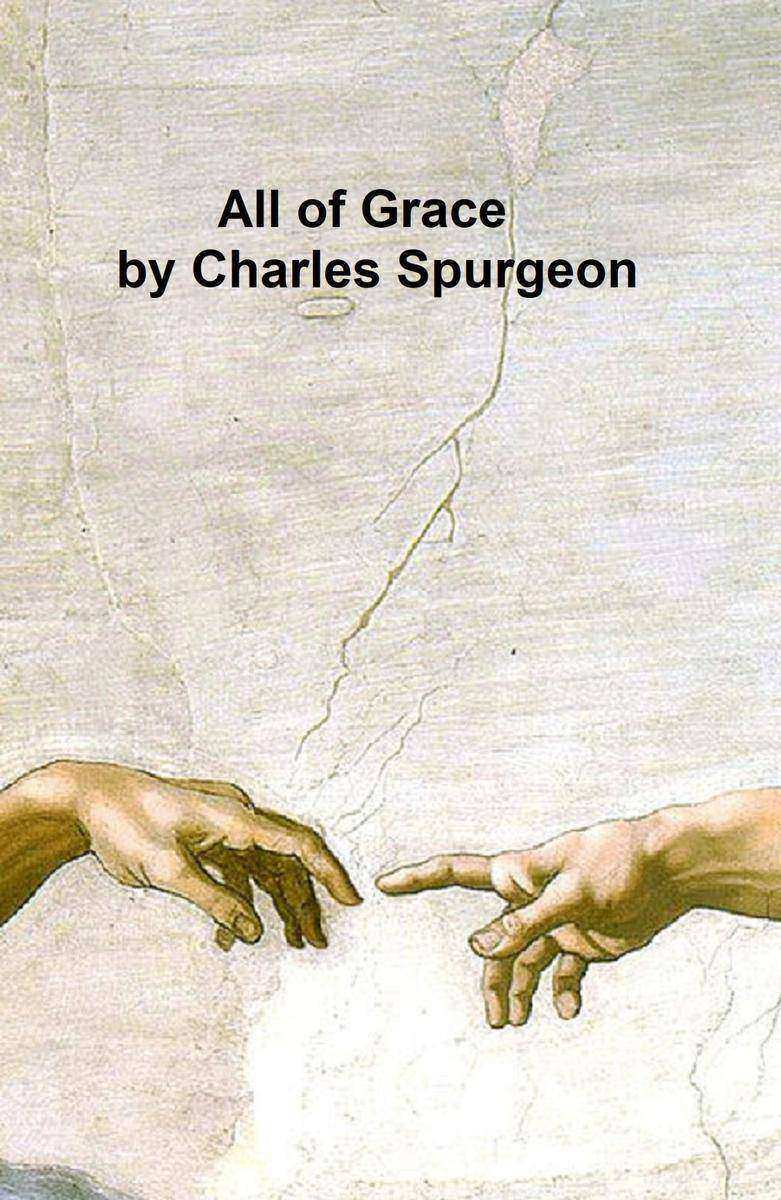
All of Grace
¥8.09
Inspirational book by 19th-century Baptist preacher, known as "the Prince of Preachers". According to Wikipedia: "Charles Haddon Spurgeon, commonly C.H. Spurgeon, (June 19, 1834 – January 31, 1892) was a British Reformed Baptist preacher who remains highly influential among Christians of different denominations, among whom he is still known as the "Prince of Preachers." He also founded the charity organization now known as Spurgeon's, that works worldwide with families and children, as well as a famous theological college which after his death was called after him: Spurgeon's College. Spurgeon was a prolific author of many types of works including sermons, an autobiography, a commentary, books on prayer, a devotional, a magazine, and more. Many sermons were transcribed as he spoke and were translated into many languages during his lifetime. Arguably, no other author, Christian or otherwise, has more material in print than C.H. Spurgeon."
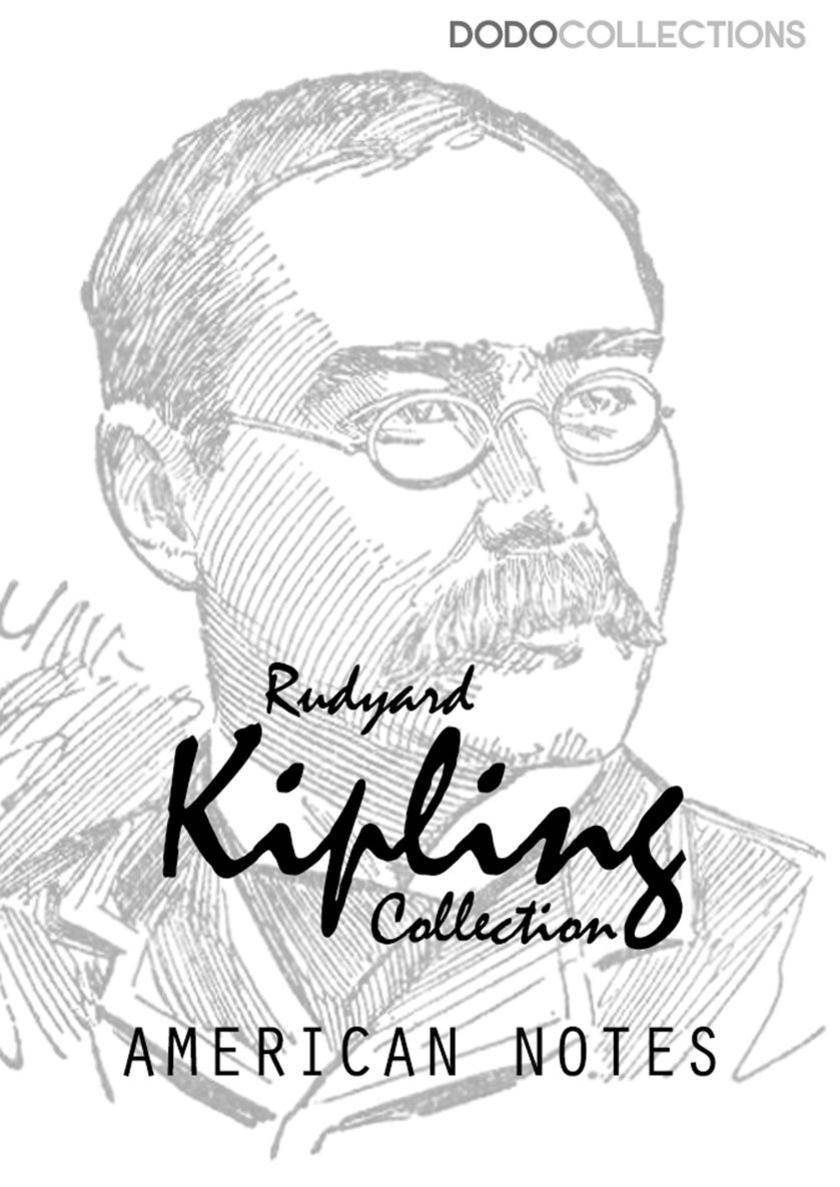
American Notes
¥8.09
Dodo Collections brings you another classic from Rudyard Kipling, ‘American Notes.’ ? Kipling affects a wide-eyed innocence, and expresses astonishment at features of American life that differ from his own, not least the freedom (and attraction) of American women. However, he scorns the political machines that made a mockery of American democracy, and while exhibiting the racist attitudes that made him controversial in the 20th century concludes “It is not good to be a negro in the land of the free and the home of the brave.” ? Kipling's works of fiction include The Jungle Book (1894), Kim (1901), and many short stories, including "The Man Who Would Be King" (1888). His poems include "Mandalay" (1890), "Gunga Din" (1890), "The Gods of the Copybook Headings" (1919), "The White Man's Burden" (1899), and "If—" (1910). He is regarded as a major innovator in the art of the short story; his children's books are classics of children's literature; and one critic described his work as exhibiting "a versatile and luminous narrative gift". ? Kipling was one of the most popular writers in England, in both prose and verse, in the late 19th and early 20th centuries. Henry James said: "Kipling strikes me personally as the most complete man of genius (as distinct from fine intelligence) that I have ever known." In 1907, he was awarded the Nobel Prize in Literature, making him the first English-language writer to receive the prize, and its youngest recipient to date Among other honours, he was sounded out for the British Poet Laureateship and on several occasions for a knighthood, all of which he declined.

The Winning of the West: all four volumes
¥8.09
Volume 1 - from the Alleghanies to the Mississippi 1769-1776; Volume 2 - from the Alleghanies to the Mississippi 1777-1783; Volume 3 -- The Founding of the Trans-Alleghany Commonwealths 1784-1790; Volume 4 - Louisiana and the Northwest 1791-1807. According to Wikipedia: "Theodore Roosevelt (October 27, 1858 – January 6, 1919), also known as T.R., and to the public (but never to friends and intimates) as Teddy, was the 26th President of the United States. A leader of the Republican Party and of the Progressive Party, he was a Governor of New York and a professional historian, naturalist, explorer, hunter, author, and soldier. He is most famous for his personality: his energy, his vast range of interests and achievements, his model of masculinity, and his "cowboy" image. Originating from a story from one of Roosevelt's hunting expeditions, teddy bears are named after him."
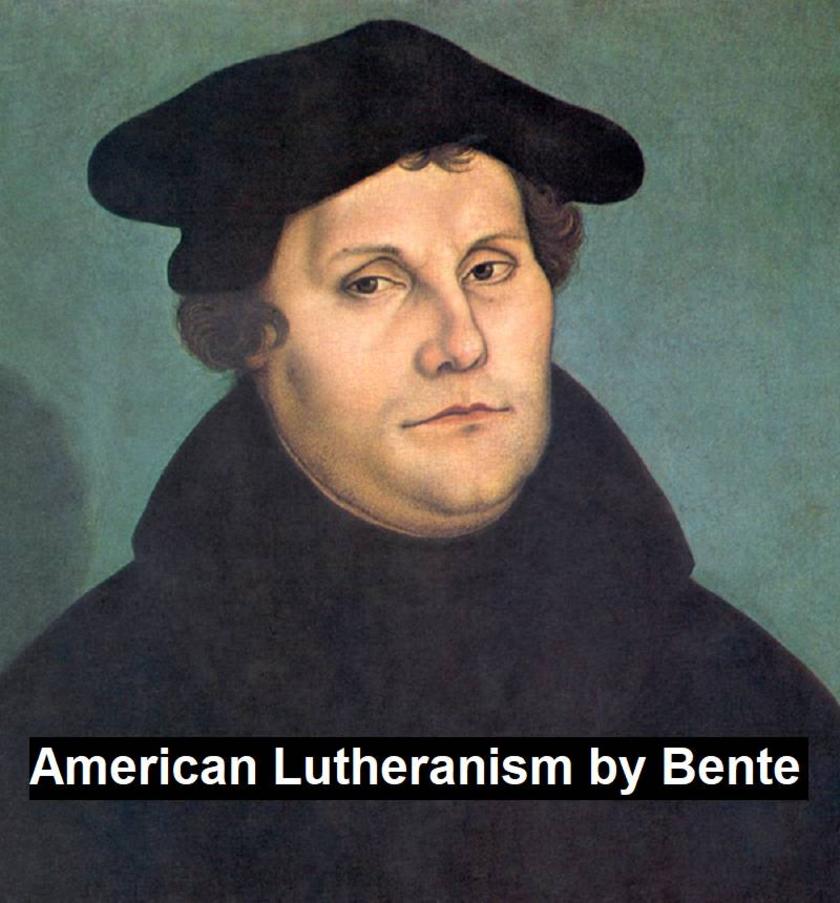
American Lutheranism
¥8.09
According to Wikipedia: "Lutheranism is a major branch of Western Christianity that identifies with the teachings of the sixteenth-century German Reformer Martin Luther. Luther's efforts to reform the theology and practice of the Catholic Church launched the Protestant Reformation and, through the reactions of his contemporaries, left Western Christianity divided. The split between Lutherans and the Roman Church of his time arose mainly over the doctrine of justification before God. Specifically, Lutheranism advocates a doctrine of justification "by grace alone through faith alone because of Christ alone," which varied from the Roman view of "faith formed by love", or "faith and works". Lutheranism is also distinct from the Reformed Churches, which arose during the Reformation. Unlike the Reformed Churches, Lutherans have retained many of the sacramental understandings and liturgical practices of the pre-Reformation Church. Lutheran theology differs considerably from Reformed theology in its understanding of divine grace and predestination to eternity after death."
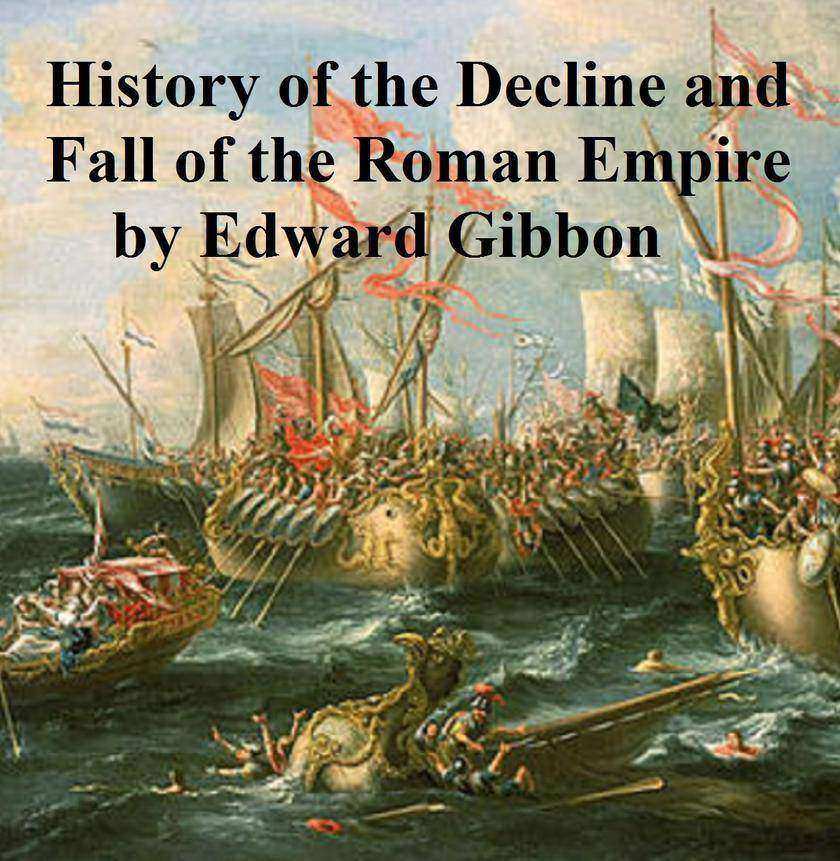
The History of the Decline and Fall of the Roman Empire
¥8.09
The complete 6-volume work, which covers from the reign of Marcus Aurelius to the fall of Constantinople in 1453. According to Wikipedia: "Edward Gibbon (1737 - 1794) was an English historian and Member of Parliament. His most important work, The History of the Decline and Fall of the Roman Empire, was published in six volumes between 1776 and 1788. The History is known principally for the quality and irony of its prose..."
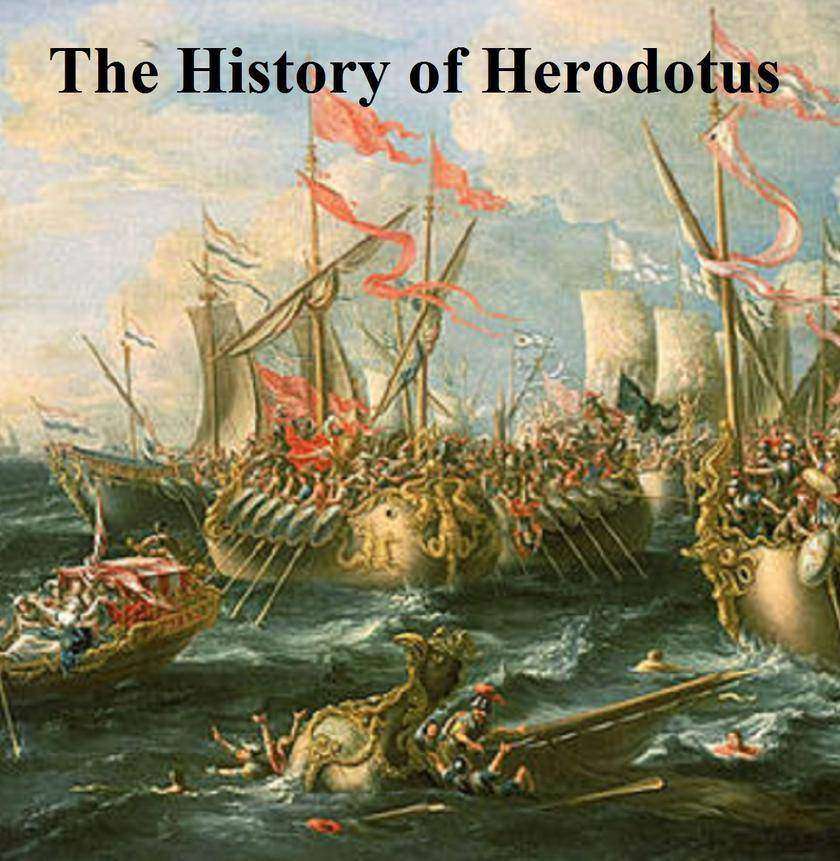
The History of Herodotus
¥8.09
Both volumes in a single file, translated by Macaulay. According to Wikipedia: "Herodotus of Halicarnassus was a Greek historian who lived in the 5th century BC (c. 484 BC–c. 425 BC) and is regarded as the "Father of History" in Western culture. He was the first historian to collect his materials systematically, test their accuracy to a certain extent and arrange them in a well-constructed and vivid narrative.[1] He is almost exclusively known for writing The Histories, a record of his "inquiries" (or ?στορ?αι, a word that passed into Latin and took on its modern meaning of history) into the origins of the Greco-Persian Wars which occurred in 490 and 480-479 BC—especially since he includes a narrative account of that period, which would otherwise be poorly documented, and many long digressions concerning the various places and peoples he encountered during wide-ranging travels around the lands of the Mediterranean and Black Sea. Although some of his stories are not completely accurate, he states that he is only reporting what has been told to him."
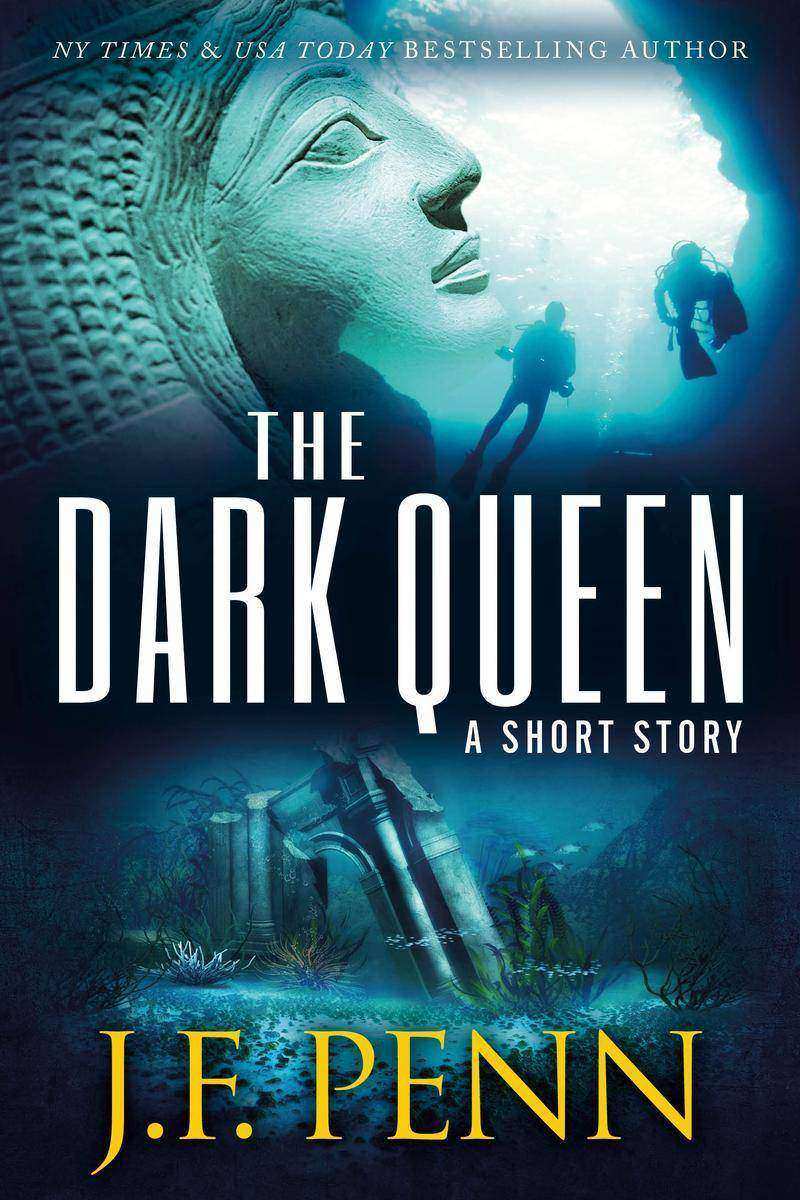
The Dark Queen: A supernatural short story
¥8.09
A sunken city. A lost goddess … and the woman who longs to find her. Lara is part of a dive team exploring the sunken city of Thonis-Heraklion off the north coast of Egypt. When a storm threatens the site, there's only time for one last dive and Lara is determined to be on it – even if it means diving with the man who threatened her this summer. Because The Dark Queen is down there and Lara intends to find her before it's too late ... Sink beneath the waves in this supernatural short story from New York Times and USA Today bestselling author, J.F.Penn
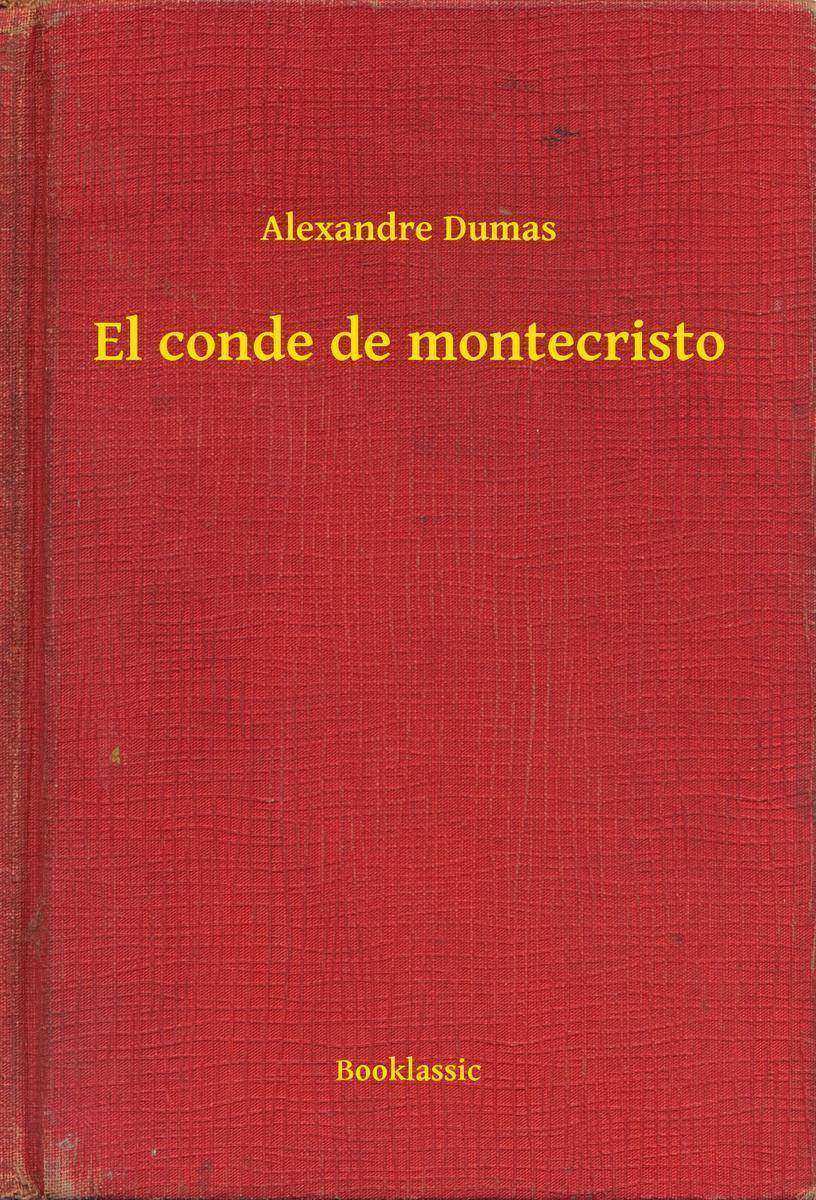
El conde de montecristo
¥8.01
Novela de aventuras que tiene lugar en Francia, Italia y varias islas del Mediterráneo entre 1814 y 1838. La historia esta basada en las memorias de Jacques Peuchet, quien escribió sobre un zapatero llamado Fran?ois Picaud.

Siddhartha
¥7.85
Digitalisiert vom Projekt Gutenberg Eine indische Dichtung ist eine Erz?hlung von Hermann Hesse, die im S. Fischer Verlag in Berlin im Jahr 1922 zum ersten Mal ver?ffentlicht wurde. Siddhartha, der Brahmane Das Buch handelt von einem jungen Brahmanen namens Siddhartha und seinem Freund Govinda. Der von allen verehrte und bewunderte Siddhartha widmet sein Leben der Suche nach dem Atman, dem All-Einen, das in jedem Menschen ist. Siddhartha, der Samana Seine Suche macht aus dem Brahmanen einen Samana, einen Asketen und Bettler. Govinda folgt ihm auf diesem Weg. Siddhartha spürt jedoch nach einiger Zeit, dass ihn das Leben als Samana nicht an sein Ziel bringen wird. Zusammen mit Govinda pilgert er zu Gautama, dem Buddha. Doch dessen Lehre kann er nicht annehmen. Siddhartha erkennt zwar, dass Gotama Erleuchtung erlangt hat und zweifelt die Richtigkeit seiner Lehre nicht an, jedoch glaubt er, diese sei allein für Gotama selbst gültig. Man kann nicht durch Lehre Buddha werden, sondern muss dieses Ziel mittels eigener Erfahrungen erreichen. Aus dieser Erkenntnis heraus begibt er sich erneut auf die Reise und beginnt einen neuen Lebensabschnitt, w?hrend sich sein Freund Govinda Gotama anschlie?t. Siddhartha bei den ?Kindermenschen“ Intensiv erf?hrt er nun seine Umgebung und die Sch?nheit der Natur, welche er zuvor als Samana zu verachten lernte. Er überquert einen Fluss, wobei ihm der F?hrmann prophezeit, er werde einst zu diesem zurückkehren, und erreicht eine gro?e Stadt. Hier begegnet er der Kurtisane Kamala, die er bittet, seine Lehrerin in der Kunst der Liebe zu werden. Um sich ihre Dienste leisten zu k?nnen, wird er Kaufmann. Anfangs sieht er das Streben nach Erfolg und Geld nur als eine wunderliche Eigenart der ?Kindermenschen“, wie er die dem Weltlichen ergebenen Menschen nennt. Bald wandelt sich jedoch sein ?bermut in Hochmut und er wird selbst den Kindermenschen immer ?hnlicher. Erst ein Traum führt ihm dies vor Augen und erinnert ihn wieder an seine

10 Pequenas lendas urbanas
¥7.63
Cole??o com 10 narrativas curtas sobre lendas urbanas. Esta cole??o contém as seguintes lendas:A loira do banheiro O velho do saco O corpo-seco O roubo do rim A mulher de branco O lobisomem A brincadeira do copo O quadro da crian?a chorando Agulhas no cinema O vídeo da loira batutaribeiro.com.br

O dem?nio do armário
¥7.63
Um pai de família compra uma casa sem desconfiar de que há um terrível dem?nio no armário embutido de um dos quartos. batutaribeiro.com.br

Conselhos que os livros de auto-ajuda n?o ensinam
¥7.63
Prepare-se para aprender valiosas li??es de auto-ajuda que nem Augusto Cury vai lhe ensinar. S?o ensinamentos que, se n?o lhe ajudarem a viver melhor, também n?o o deixará viver pior.




 购物车
购物车 个人中心
个人中心



